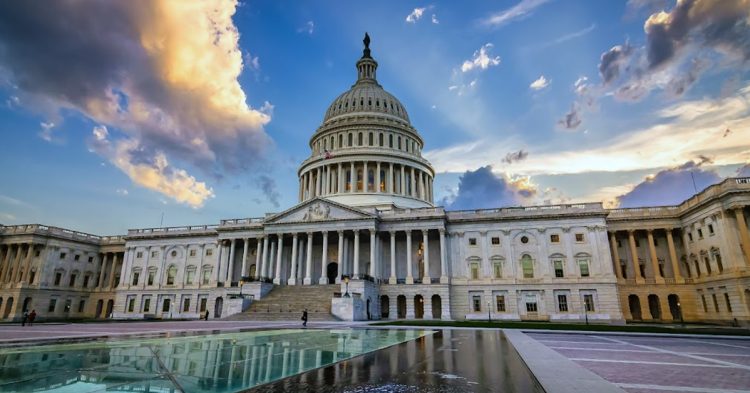The Committee on Agriculture in the House recently endorsed a change to the upcoming Farm Bill that could ban intoxicating hemp derivatives across the U.S., sparking significant backlash from the hemp sector, which argues this could harm a burgeoning market.
Introduced by Representative Mary Miller of Illinois, a Republican, this amendment proposes redefining hemp in legal terms to exclude any products containing detectable levels of THC or its synthetic variants.
This development is part of a wider discussion on how to regulate intoxicating hemp derivatives, which have become a substantial multibillion-dollar market with lax oversight. Some sectors of the cannabis industry, along with groups against legalization, have been urging Congress to eliminate what they consider a loophole left by the 2018 Farm Bill that allows sales of hemp-derived intoxicants like delta-8 THC and THCA hemp.
Industry proponents argue for retaining the current federal definition of hemp.
During an extensive 11-hour session, the House Agriculture Committee did not individually vote on the amendment but instead approved it through a voice vote among a batch of other amendments.
The response to this amendment has been polarized, with advocates emphasizing the need to control access among minors and regulate a runaway market, while critics argue it would crush the emerging hemp industry.
Representative Van Orden of Minnesota remarked that the amendment would obliterate a legally established industry and endanger thousands of American jobs.
Within the hemp and marijuana sectors, opinions are divided. Some advocate for stricter regulation rather than a complete prohibition, while major cannabis brands are increasingly incorporating hemp-derived THC into their offerings. These products are also making inroads into medical cannabis sectors, used as a bridge to more regulated products.
Rob Pero of the Indigenous Cannabis Industry Association highlighted the dire consequences of the amendment, estimating it could wipe out up to 95% of the hemp product market, adversely affecting many communities and economies.
SōRSE Technology, specializing in water-soluble emulsions, has called for opposition to the amendment, citing its mission to provide accessible THC products.
The U.S. Hemp Roundtable has expressed strong opposition, noting the vote as disheartening and a misuse of procedural tactics that bypassed a direct vote, potentially crushing the hemp industry despite previous reassurances from legislative leaders.
Their general counsel, Jonathan Miller, pointed out that the amendment, if passed, could disrupt the hemp fiber and grain market significantly, eliminating access to products relied on by many for health and wellness.
Increased Enforcement of Delta 8 THC Across the U.S.









